 He always dreamed that his bones would one day, when the time came, fertilize the land that witnessed his birth. With the passing and the weight of years, he silently, sadly observed the march into exile of his friends and family. Little by little he was left all alone.
He always dreamed that his bones would one day, when the time came, fertilize the land that witnessed his birth. With the passing and the weight of years, he silently, sadly observed the march into exile of his friends and family. Little by little he was left all alone.
Now Fermín, his eighty years generously arrayed across his meager body, has left our planet, heading to Mexico with a small suitcase, and a heart full of expectations: finally he will be reunited with his entire family.
He made it Mexico City where a good friend was waiting for him, with precise instructions to deliver him to the U.S. border safe and sound. But Fermín, a little giddy about the trip, on arriving to Guanajuato, left the hotel, took a little stroll around the block, and exclaimed: “Coño, and I thought Miami was great!” His friend quickly extracted him from his mistake. Eleven hours of traveling was still ahead of him to get to the place indicated and, of course, once there he immediately invoked the Cuban Adjustment Act, to ask for asylum.
Full of the excitement natural to him, he boarded a bus for Orlando, but when he’d been traveling for a couple of hours he realized he’d forgotten his suitcase, with all his documents, at the border crossing. Without thinking twice, he took another bus back to Texas, recovered his suitcase, and started his journey once again. This time he would go direct to Miami.
Finally, after traveling 140 hours (from the time he left our planet), he managed to meet up with his anxious family. They interrogated him about the inexplicable delay, and Fermín — with a huge smile — replied,”Caramba, I was enjoying the scenery!”
After so many years and so many adventures, Fermín will spend this Christmas with his family.
December 12, 2010

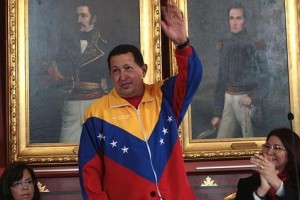 While Hugo Chavez reported to the Venezuelan Parliament his intention to establish an armed forces of the extreme left, that would make government decisions and prevent the triumph of right in the elections of 2012, his Cuban mentors promoted some liberal measures to survive without the support that put him over the top when he assumed absolute power decades ago.
While Hugo Chavez reported to the Venezuelan Parliament his intention to establish an armed forces of the extreme left, that would make government decisions and prevent the triumph of right in the elections of 2012, his Cuban mentors promoted some liberal measures to survive without the support that put him over the top when he assumed absolute power decades ago.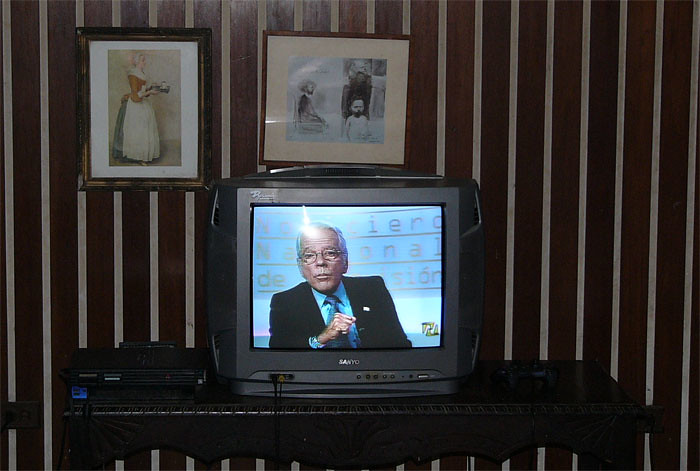
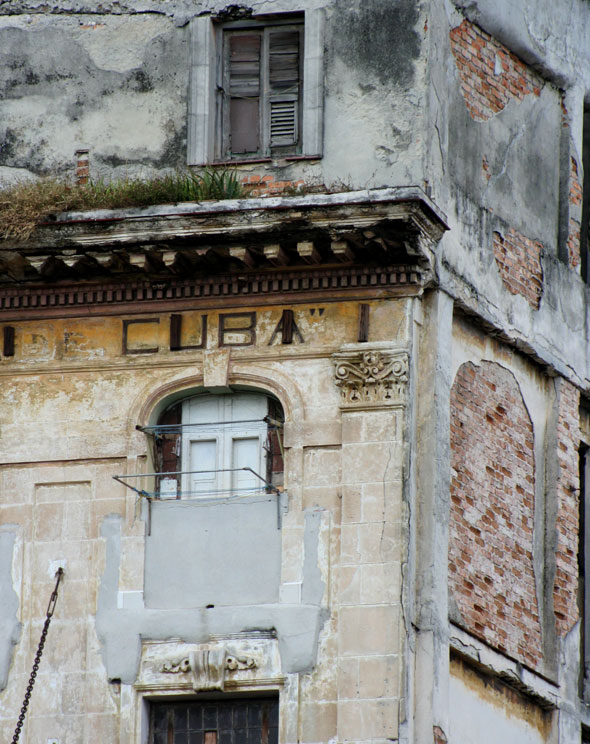
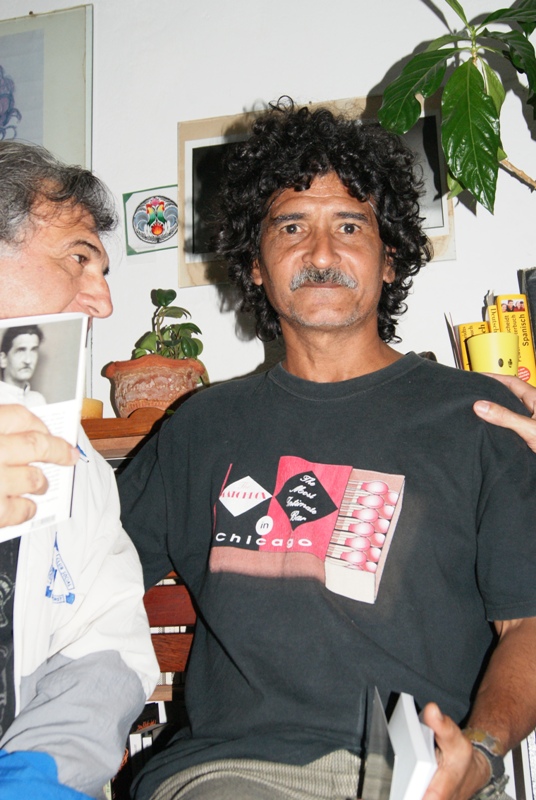
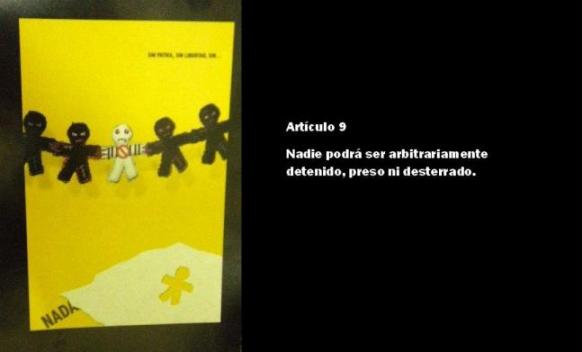
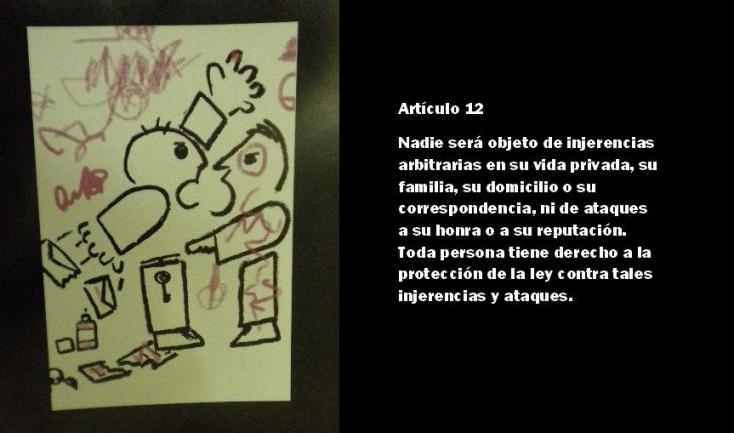
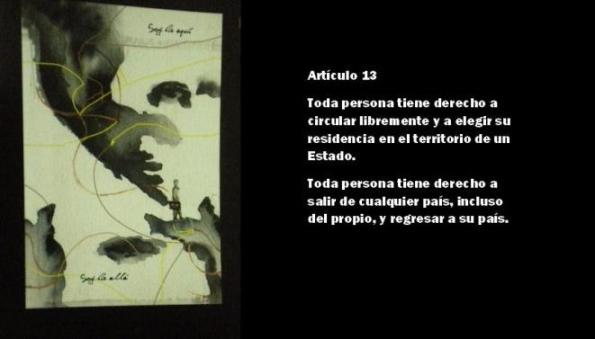
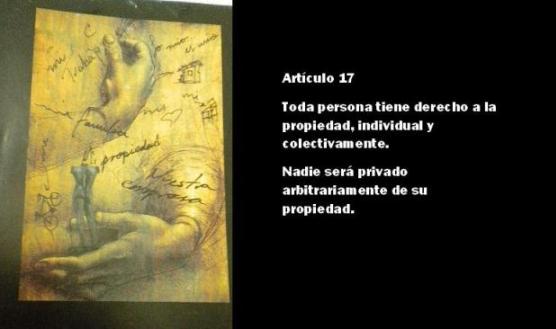
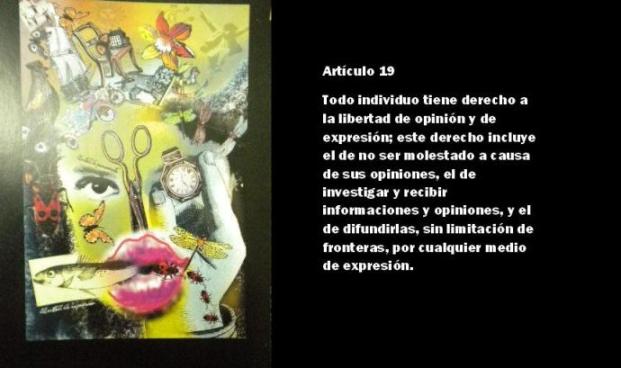
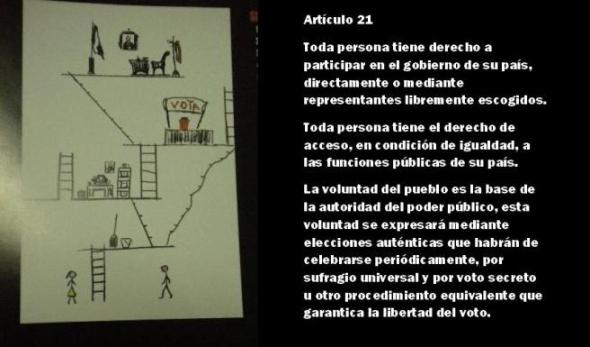
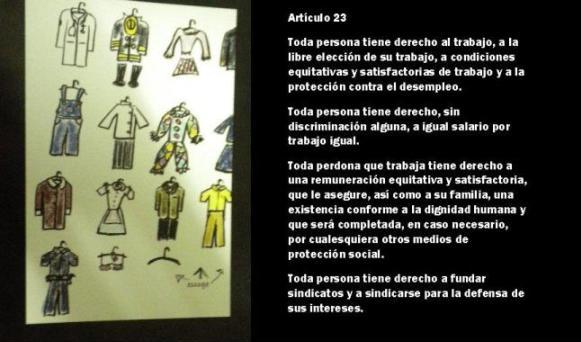
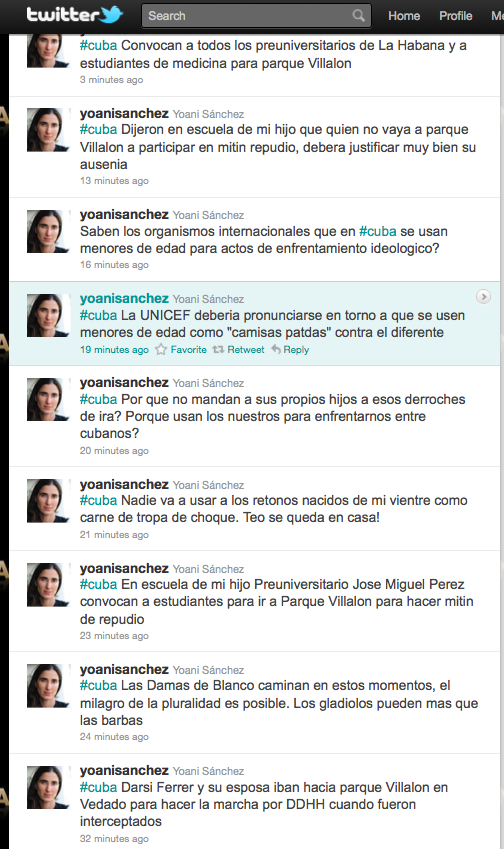
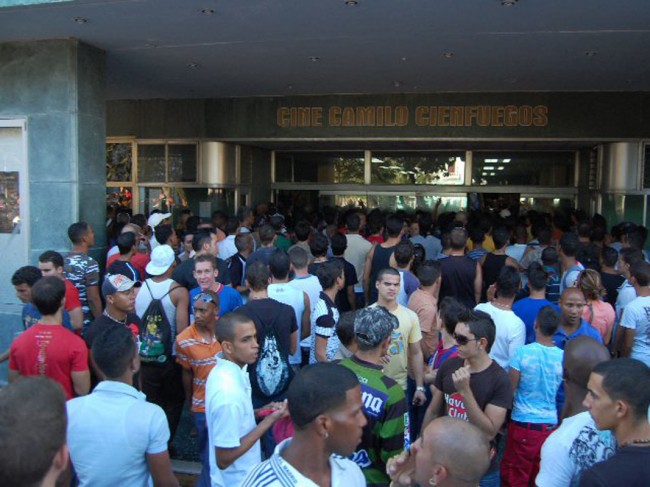
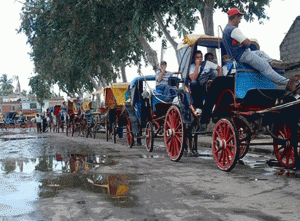 The drivers holding licenses agreed to stop in protest of the raise in the monthly tax, from 120 pesos (5 dollars) to 571 pesos (24 dollars). When they increased the fares to the passengers by one or two pesos, they refused to pay double.
The drivers holding licenses agreed to stop in protest of the raise in the monthly tax, from 120 pesos (5 dollars) to 571 pesos (24 dollars). When they increased the fares to the passengers by one or two pesos, they refused to pay double.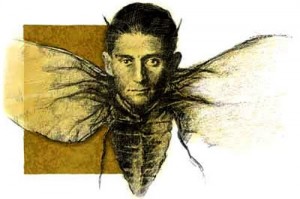 For the third time in a row a writer from our island is honored with the Premio Novelas de Gaveta “Franz Kafka,” awarded by its Czech sponsors to the Carnival and the Dead, by Ernesto Santana, who introduced it in a brief evening ceremony on Friday, December 13, at the apartment of Yoani Sánchez and Reinaldo Escobar, creators of the Cuban Alternative Blogosphere Academy, a civic non-profit entity that disseminates new technologies and citizen journalism.
For the third time in a row a writer from our island is honored with the Premio Novelas de Gaveta “Franz Kafka,” awarded by its Czech sponsors to the Carnival and the Dead, by Ernesto Santana, who introduced it in a brief evening ceremony on Friday, December 13, at the apartment of Yoani Sánchez and Reinaldo Escobar, creators of the Cuban Alternative Blogosphere Academy, a civic non-profit entity that disseminates new technologies and citizen journalism.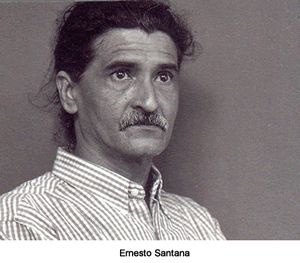 In 2008 the Premio Novelas de Gaveta “Franz Kafka” was awarded to the Habanero Orlando Freyre Santana, author of Blood and Freedom, which addresses, in fiction, the struggles against the Cuban military dictatorship.
In 2008 the Premio Novelas de Gaveta “Franz Kafka” was awarded to the Habanero Orlando Freyre Santana, author of Blood and Freedom, which addresses, in fiction, the struggles against the Cuban military dictatorship.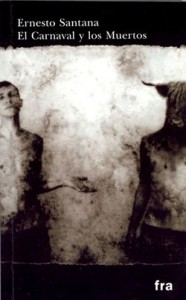 As it is not possible to read and review a 174-page novel in a single weekend, I offer the reader a summary of the review written by Carlos A. Aguilera on The Carnival and the Dead, by Ernesto Santana.
As it is not possible to read and review a 174-page novel in a single weekend, I offer the reader a summary of the review written by Carlos A. Aguilera on The Carnival and the Dead, by Ernesto Santana.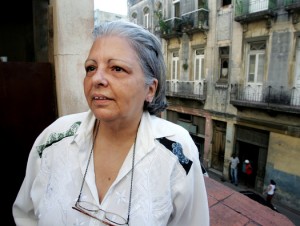 There is no doubt the dissidence on the island is looking for a space. The document: A Future for Cuba. Issued on December 2, it is counter-proposals to the
There is no doubt the dissidence on the island is looking for a space. The document: A Future for Cuba. Issued on December 2, it is counter-proposals to the 